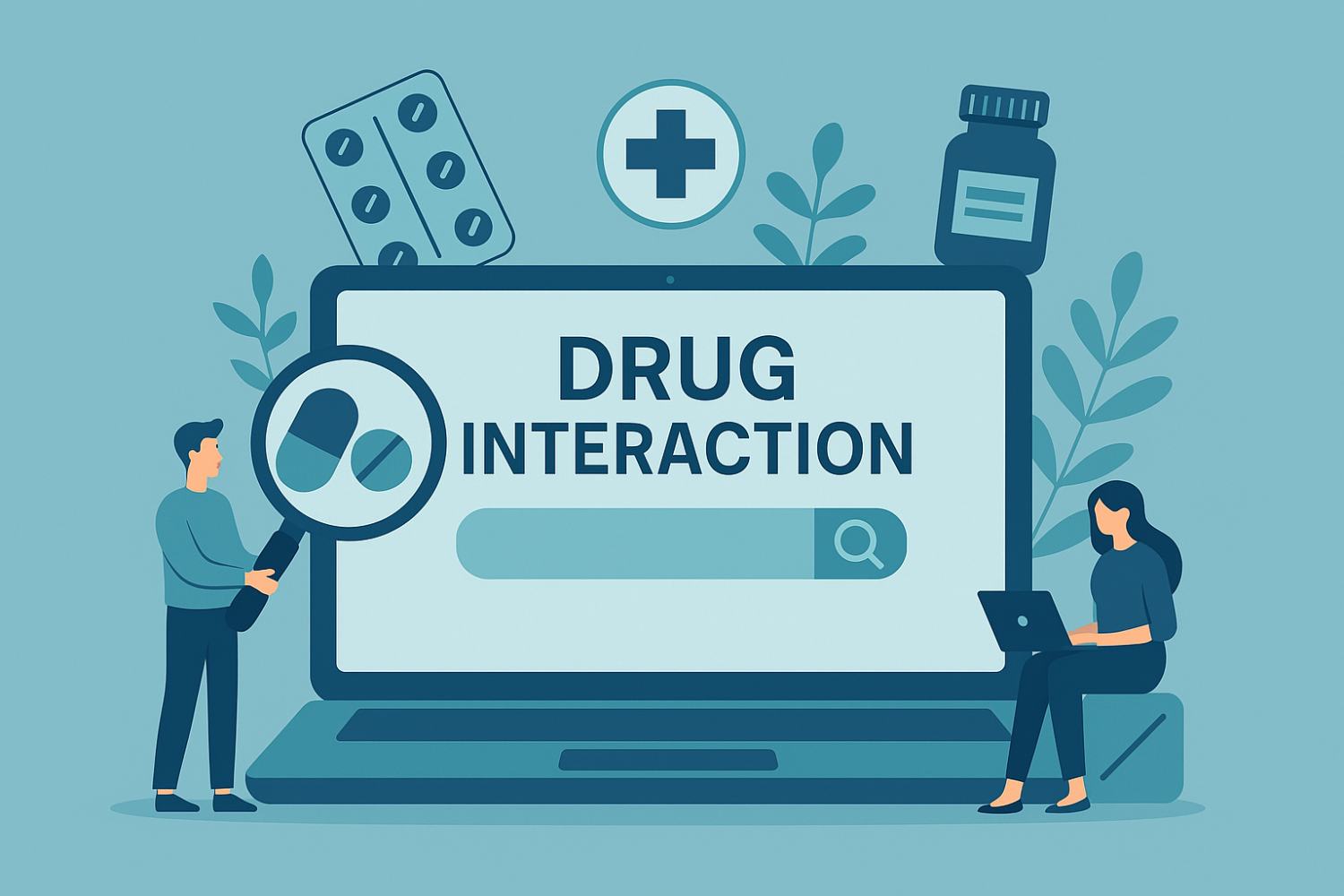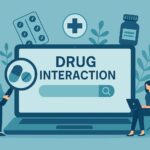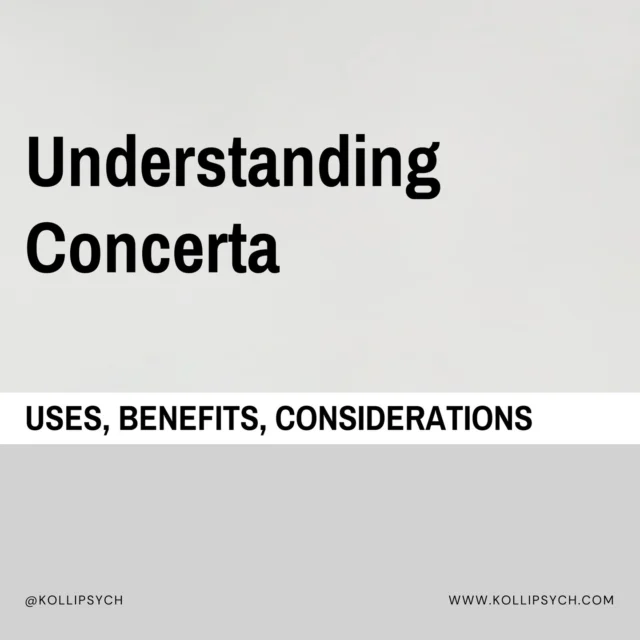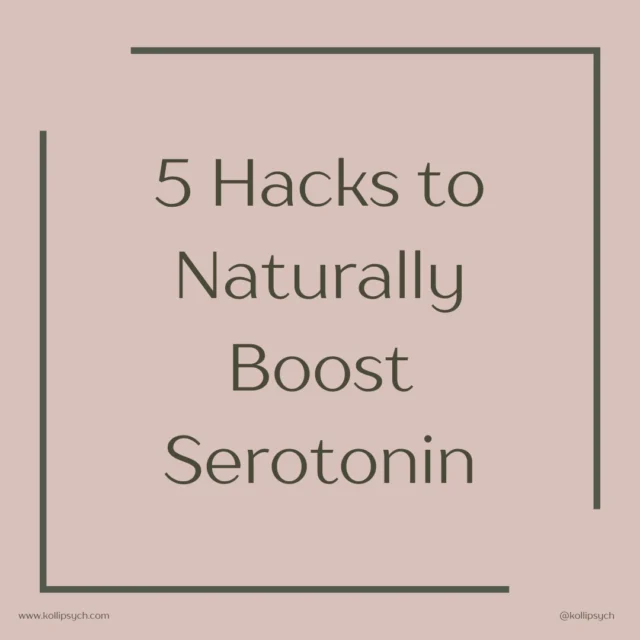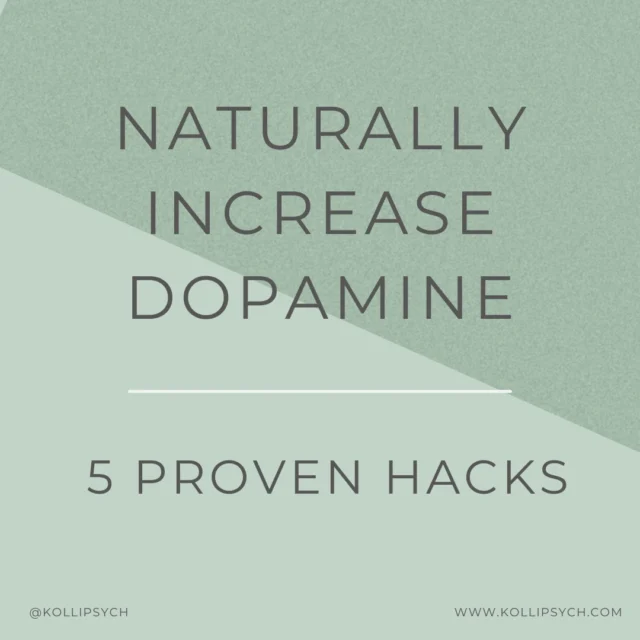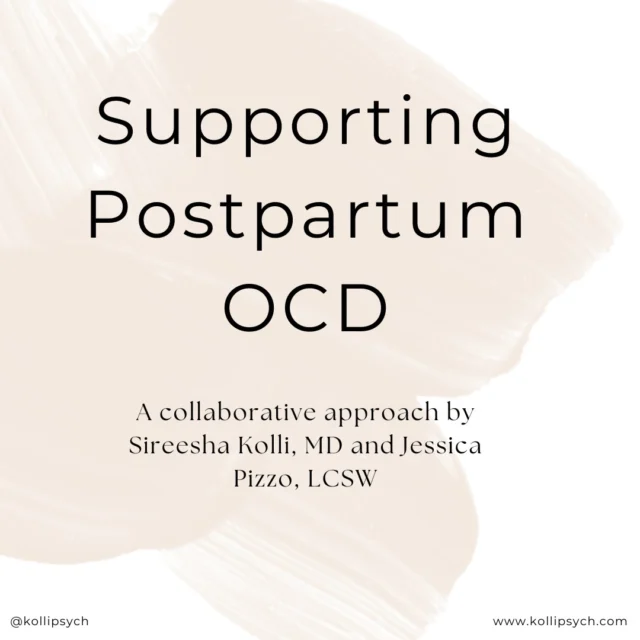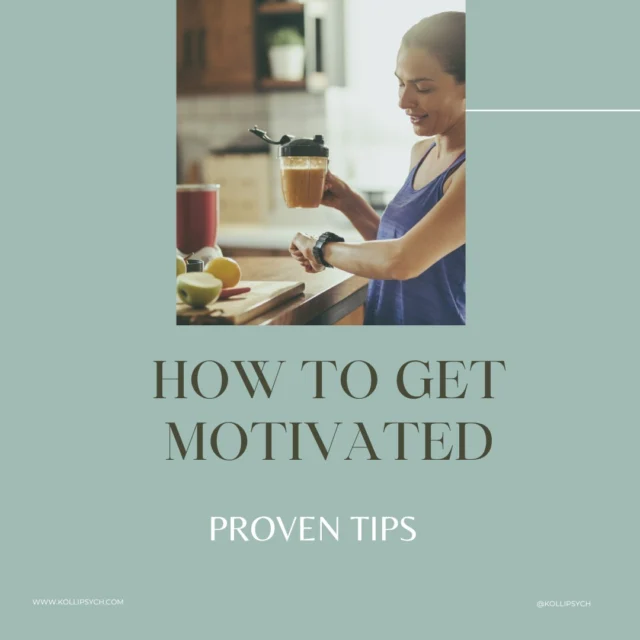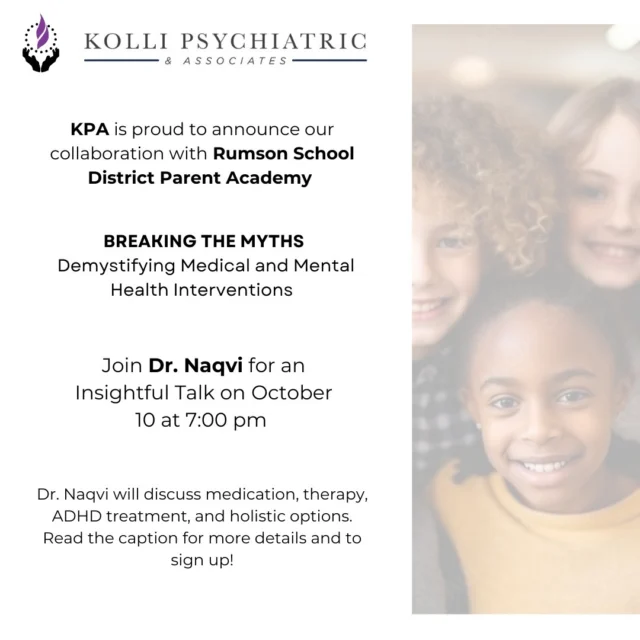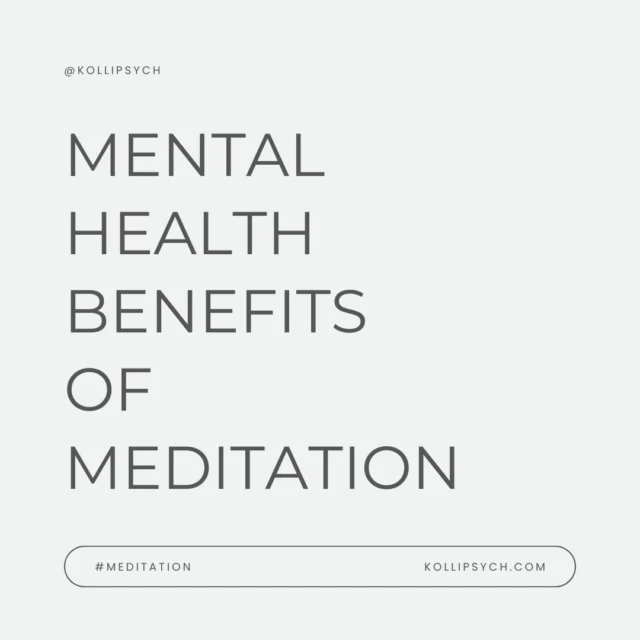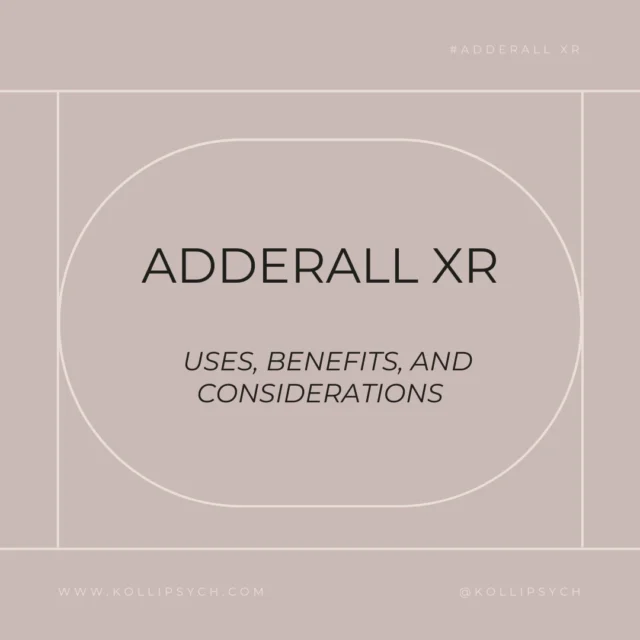Best Drug and Supplement Interaction Checkers
When you’re taking psychiatric medications—whether for depression, anxiety, ADHD, bipolar disorder, or other conditions—it’s important to know how they might interact with food, other medications, or supplements. These food and drug interactions can alter how a medication works in your body, sometimes reducing effectiveness or increasing the risk of side effects.
At Kolli Psychiatric Associates, we want you to feel confident managing your medications. While we’re always here for support, there are excellent tools you can use to check for interactions on your own first—especially when you’re adding a new medication prescribed by another provider or starting a supplement. This guide will walk you through what to look for, how to use trusted interaction checkers, and when to follow up with your doctor, pharmacist, or our office.
What Are Food and Drug Interactions?
Food and drug interactions occur when something you eat or drink changes how a medication works in your body. These changes may reduce a medication’s effectiveness or increase the risk of side effects. In some cases, the interaction may be mild—but in others, it can be significant or even dangerous.
This is particularly important with psychiatric medications, which often affect the brain’s chemical balance and may interact with substances in unexpected ways.
Common Psychiatric Medication Interactions
Here are some common examples of food and drug interactions in psychiatry:
- SSRIs and SNRIs, like sertraline or venlafaxine, can increase bleeding risk when combined with NSAIDs (like ibuprofen) or fish oil supplements.
- Lithium, a mood stabilizer, requires consistent salt and hydration levels. Low sodium intake or dehydration can raise lithium levels, increasing the risk of toxicity.
- Stimulants, like Adderall (amphetamine salts) or Vyvanse, may interact with acidic foods or vitamin C, which can reduce absorption and effectiveness.
- Alcohol can worsen the sedating effects of many psychiatric medications and should generally be avoided or discussed with your provider.
What About Supplements?
Supplements, including herbal products and over-the-counter vitamins, can also interact with psychiatric medications—but they’re often more difficult to track. Many interaction checkers do not include supplements or may not have up-to-date information on herbal remedies like St. John’s Wort, 5-HTP, or melatonin.
- St. John’s Wort is a natural product used for mood support but can significantly interfere with antidepressants, potentially causing serotonin syndrome or reducing their effectiveness.
- Ashwagandha, sometimes used for anxiety, may increase sedation when taken with benzodiazepines.
Because of these limitations, supplements should always be used cautiously.
How to Check for Food and Drug Interactions
Before contacting our office about a new food, supplement, or medication, we encourage all patients to check for interactions themselves using reliable, free online tools. These interaction checkers are user-friendly and can give you helpful guidance within minutes.
Drugs.com Interaction Checker
If you’re looking for a simple, thorough way to check how your medications and supplements might interact, Drugs.com is one of the best tools available. It’s easy to use, incredibly detailed, and trusted by both medical professionals and everyday users.
Key Features:
- Covers a huge list of medications and supplements
- Clearly labels interactions as minor, moderate, or major
- Offers helpful explanations in plain language
- Includes articles and videos to help you learn more
What Makes It Unique:
This checker not only alerts you to possible issues—it helps you understand what they mean, which is especially helpful if you’re adjusting your routine or adding something new.
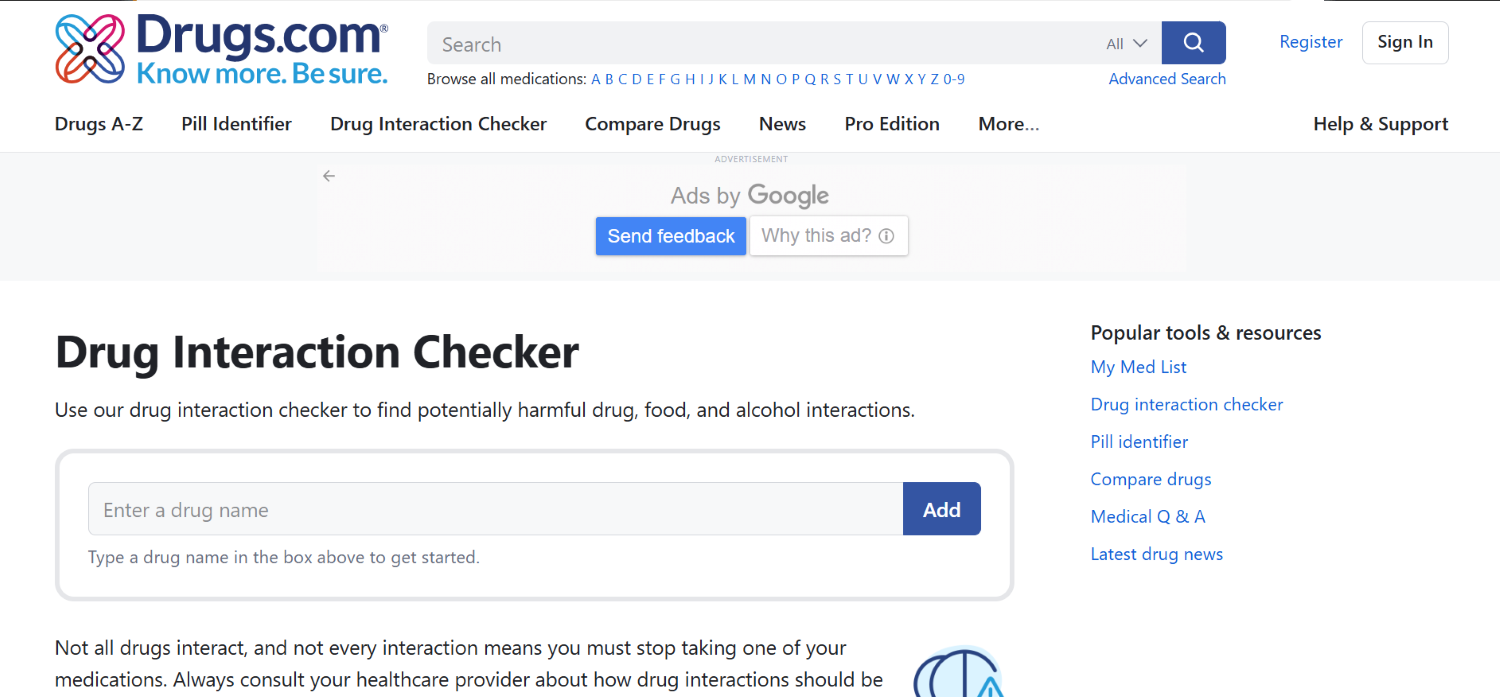
WebMD Interaction Checker
WebMD’s checker is perfect if you just want straightforward, fast results. It’s clear, helpful, and doesn’t require any medical background to understand. This is a great starting point for patients who want to check foods, drinks, or medications they’re thinking of adding.
Key Features:
- Designed for easy use on desktop or mobile
- Provides guidance on timing and food-drug interactions
- Offers reliable health information from a trusted brand
- Built right into the WebMD app for quick access
What Makes It Unique:
WebMD delivers trusted guidance in plain language, perfect for those looking for a reliable, fast check without needing to interpret clinical data.
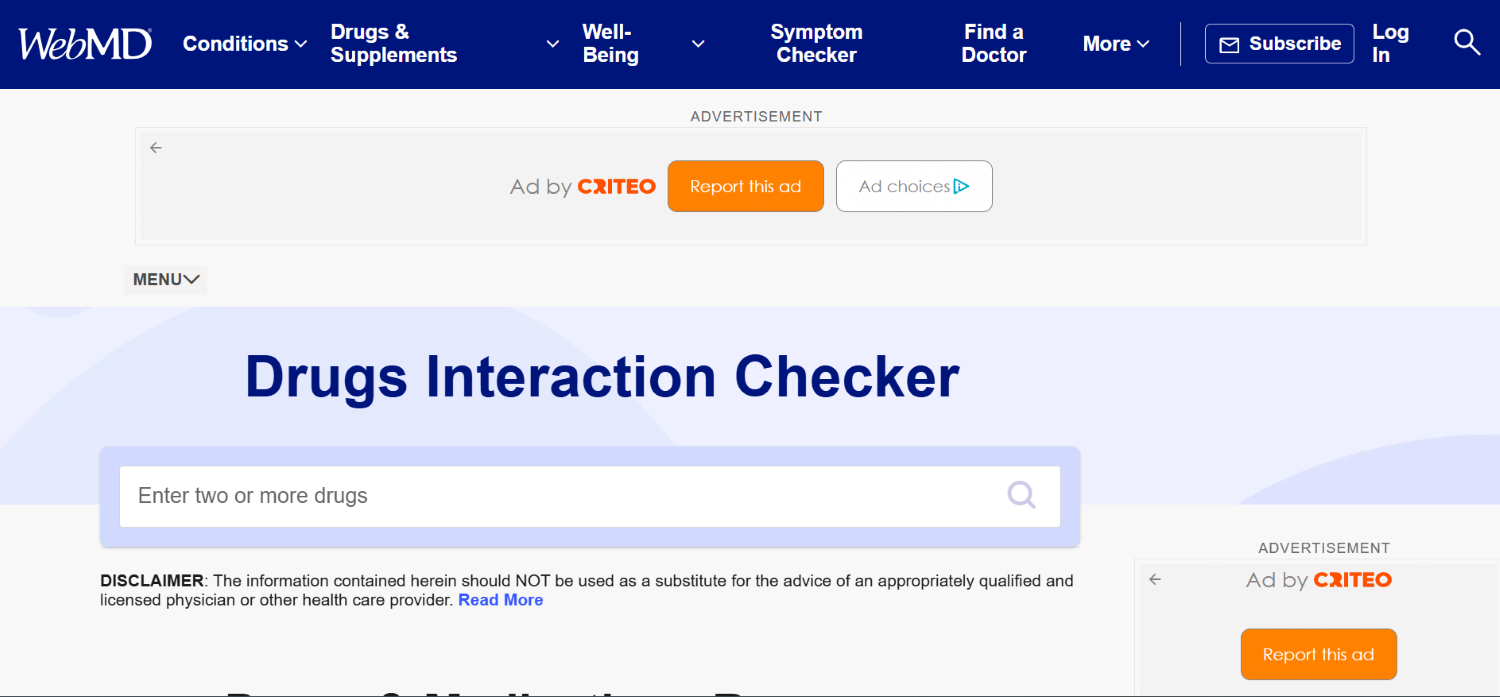
Medscape Interaction Checker
Medscape’s interaction checker is a bit more advanced, designed for healthcare professionals—but patients who want detailed insight into their medications will also benefit. If you’re managing multiple psychiatric medications or have a complex regimen, this is a great option.
Key Features:
- Highly detailed reports on drug and food interactions
- Can input several medications at once
- Alerts you when new information becomes available
- Great for people with more complex treatment plans
What Makes It Unique:
Medscape offers the most in-depth clinical content of the three tools listed. It’s ideal for patients managing complex psychiatric medication regimens who want a more advanced understanding of potential risks.
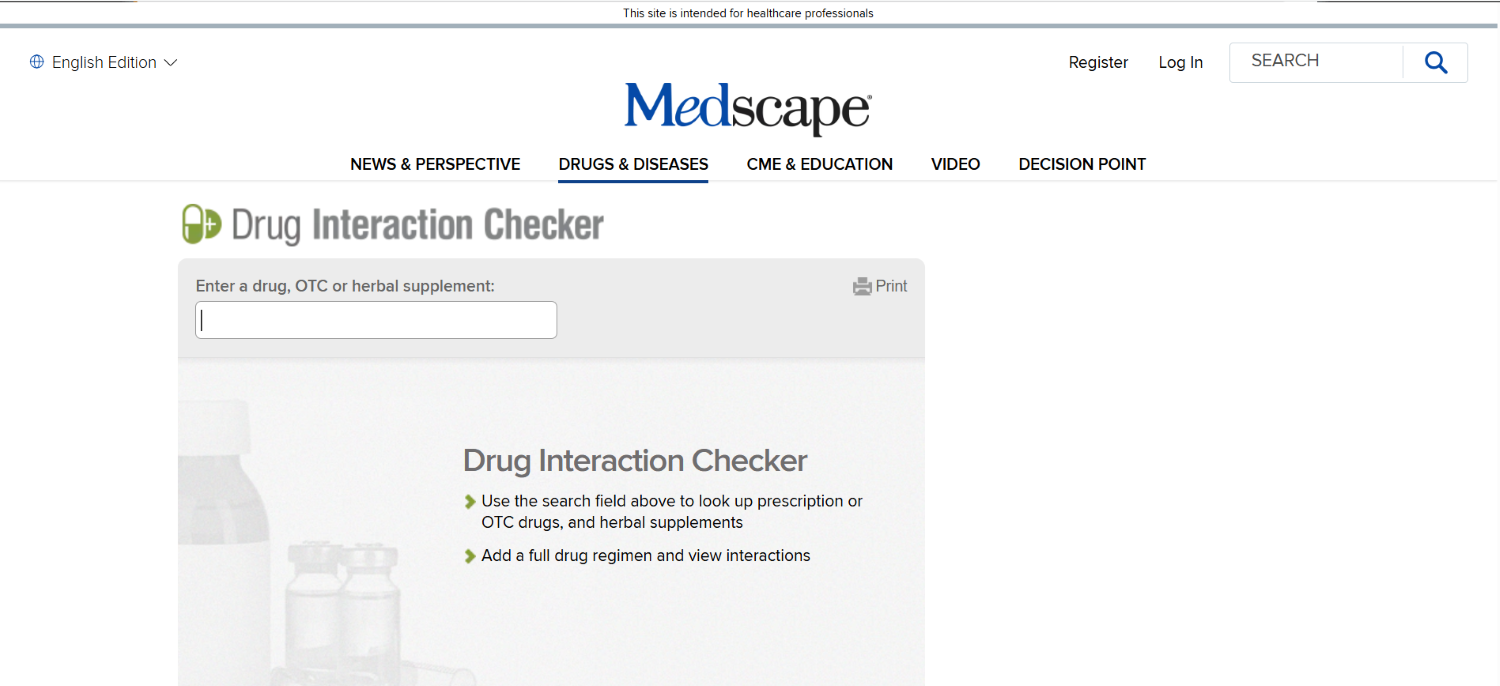
These tools are a great first step if you’re unsure whether something you’re eating, drinking, or taking might interfere with your medications.
What to Do If You’re Concerned About a Medication Interaction
If you’ve been prescribed a new medication—especially by another provider—it’s a good idea to check with the person who prescribed it if you have questions about how it fits into your current treatment. That provider will be most familiar with the medication’s risks and how it may interact with what you’re already taking.
We encourage all patients to check for interactions first using a trusted online tool like Drugs.com, WebMD, or Medscape. These checkers are reliable, easy to use, and often provide the answers you need. Pharmacists are also a great resource and can help interpret results and provide guidance quickly.
If the interaction checker flags a moderate or major interaction—or if you’re unsure what to do next—feel free to contact our office. We can help you:
- Interpret the results
- Adjust your medication schedule
- Decide whether any dietary changes are needed
- Determine if a medication switch is appropriate
Tip: When reaching out, let us know which interaction checker you used and what interaction was flagged. This helps us guide you more efficiently.
Tips for Managing Medications Safely
- Always keep an up-to-date list of your medications and supplements
- Use one pharmacy when possible, so they can flag potential issues
- Stay consistent with meals and hydration if you’re on medications like lithium
- Read medication labels for food-related warnings
- Be cautious with new supplements, and don’t assume that “natural” means “safe”
- Avoid stopping medications suddenly due to a suspected interaction—always check with a provider first
Final Thoughts from Kolli Psychiatric Associates
At Kolli Psychiatric Associates, we believe in giving our patients the tools they need to feel confident managing their psychiatric medications. Checking for food and drug interactions before reaching out helps you stay informed and proactive about your health.
That said, you’re never on your own. If you’ve used an interaction checker and still have questions about your psychiatric medications, supplements, or diet, we’re here to support you.
We provide expert psychiatric care to individuals in Red Bank, Freehold, and Marlboro, NJ, and we’re committed to helping you feel better with clarity, compassion, and clinical expertise.
Are you looking for medication for your mental health?
We can help. Browse our psychiatrists and find one that meets your needs.

